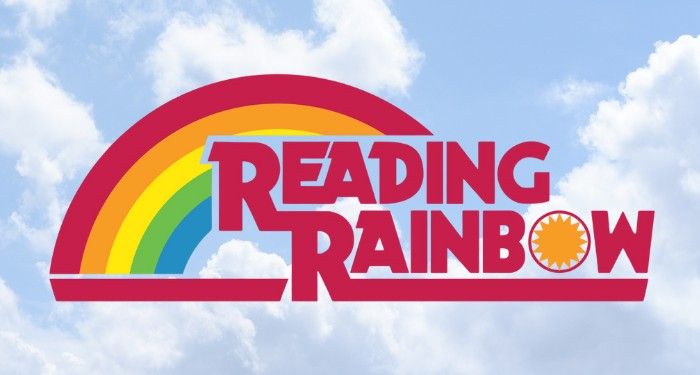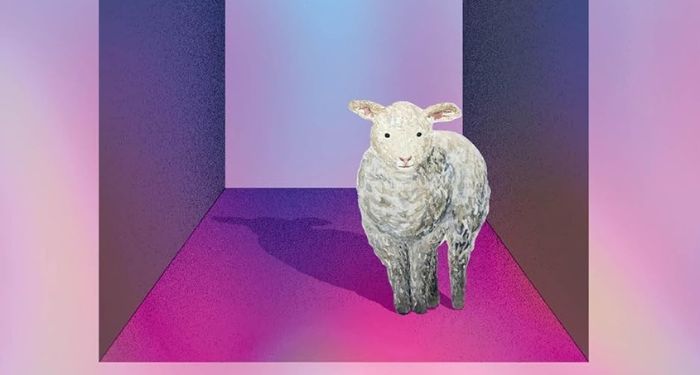One of the great things about running a digital publication is the freedom to try something new, just because. Yes, I am always inspired by books. But lately I’ve been feeling equally invested in the author as person—perhaps because as of this year, I am one. I wanted to try a different model of speaking with established authors, one in which we get to know them as a person, a thinker, and a creative practitioner, while having fun along the way. Introducing “23 Questions With Ed Park.”
—Denne Michele Norris
Editor-in-chief
1. Electric Literature: Describe your publication week in a six-word story.
Ed Park: Brought near tears by Rachel Aviv.
2. EL: What book should everyone read growing up?
EP: Robert Cormier’s I Am the Cheese.
3. EL: How do you start from scratch?
EP: I’m always on the lookout for curious turns of phrase, any lexical sequence that sparks something. I keep a list of aspirational titles, for which I hope someday to write a fitting story or novel. Same Bed Different Dreams is an example—an old Korean adage that I knew would make a good title. I’d periodically try to cook something up that would do it justice, but I didn’t start to crack the code till 2014.
I was on a plane the other day, sitting in coach, and as the flight attendant pushed the cart up the narrow aisle, he chanted, “Elbows and knees, elbows and knees.” That’s a good title or perhaps a bit of dialogue from which I can build. I’m not sure I answered the question.
4. EL: 3 presses you’ll read anything from:
EP: New Directions, New York Review Comics, KAYA Press.
5. EL: Hardcover, paperback, or e-reader?
EP: All.
6. EL: If you were a novel what novel would you be?
EP: Pale Fire, or The Cave of Time (a Choose-Your-Own-Adventure)
7. EL: Describe your ideal writing day.
EP: Up at dawn. Coffee in hand, I discover I really did jot a few evocative, enigmatic lines from the incredibly strange dream I just had (instead of dreaming that I scrawled them down). These conjure the basics of the story, and I just have to fill in the gaps with lambent lines that by some miracle come easily to me, for hours on end. I work through lunch, take a nap, write some more. Then I watch an episode of Fisk.
8. EL: Typing or longhand?
EP: Typing on a typewriter.
9. EL: What’s a piece of writing advice you never want to hear again?
EP: Write what you know.
10. EL: What’s a piece of writing advice you think everyone needs to hear?
EP: Write what you know.
11. EL: Realism or surrealism?
EP: Surrealism.
12. EL: Favorite and least favorite film adaptation of a book:
EP: Favorite: The Swimmer—a movie of extreme psychological horror, derived from a Cheever story that’s just a few potent pages long. (Runner-up: Inherent Vice.)
Least favorite: White Noise—I’m sure there are ones I’ve liked less, but this is one I tried most recently. Maybe it gets better. I liked the scene of Adam Driver (as Jack Gladney) taking German lessons. I admire Baumbach for swinging for the fences. But the tone is not the tone in my head.
13. EL: What’s your favorite comfort snack?
EP: Peanut butter on crackers
14. EL: Edit as you go or shitty first draft?
EP: Immaculate first draft. Then take it apart, make it better, as the larger structure and ambition of the project become clearer to me.
15. EL: Best advice for pushing through writer’s block?
EP: Break it down. Use short numbered sections.
16. EL: Write every day or write when inspired?
EP: Every day, as close to a fixed schedule as possible.
17. EL: The writer who made you want to write:
EP: Vonnegut, Brautigan, Douglas Adams, Stephen King—in high school, I read virtually everything they wrote up through the mid-’80s. And in college, immersion in Nabokov and Faulkner and Ulysses sparked a different kind of literary ambition. After that: John Irving, Don DeLillo. Discovering George Saunders in the early ’90s (“The 400-Pound CEO”) and Kelly Link in the late ’90s (“The Girl Detective”) were also turning points.
18. EL: How do you know when you’ve reached the end?
EP: Last sentence feels unimpeachable.
19. EL: Writing with music or in silence?
EP: A little of both. If I have music on, it’s usually without words, often something Baroque—Scarlatti, Telemann.
20. EL: Describe your writing space.
EP: A desk off of the kitchen in our New York apartment. To the right is a small CD player. There are binders of notes and drafts, plus books stacked on the surface that I brought there from the shelves in other rooms because I consider them research material for whatever projects I have going on. But a lot of these titles go unexamined. I have a few icons—a stone statuette from Jeju island and a matryushka that my friend Amanda gave me featuring Buffalo Sabres players from the late ’90s, such as Dominik Hasek and Miroslav Satan.
Labor Day: 11 Lousy Jobs in Literature
These fictional jobs will make you feel better about your own

There’s a banker’s lamp, jars and mugs stuffed with pens and bookmarks and earplugs and things, a bulletin board, and a Webster’s with the cover mostly detached at the spine.
21. EL: How do you keep your favorite writers close to you?
EP: I memorized Yeats’s “The Second Coming” earlier this year, and I dial it up on the old mental database whenever I’m stuck in a long line, or in a waiting room with no end in sight. Its terrifying imagery and all-seeing tone struck me with unusual force during high school, but I like it even more now.
22. EL: What’s the last indie bookstore you went to?
EP: Skylight in L.A.
23. EL: What does evolving as a writer mean to you?
EP: Finding new forms of narrative energy—honing my style without repeating.
The post Ed Park Isn’t Sure He Answered The Question appeared first on Electric Literature.













 Bengali (Bangladesh) ·
Bengali (Bangladesh) ·  English (United States) ·
English (United States) ·